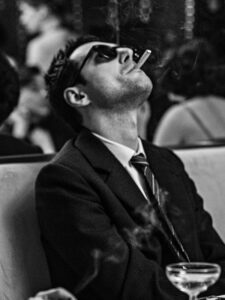There was a great desire to see the new proposal by Iranian director Ali Abbasi. It wasn't easy at all, that's the truth. Overcome the success of your previous long job, the enigmatic and very original Border, a complex challenge was presented, not only because of the quality of the tape, but also because Abbasi looked, almost certainly, forced to make a decision: or continue with the fantastic line that had been undertaken and try to stretch the formula, or completely change registration so as not to be overtaken by their own inheritance and avoid typecasting. He opted for this second option. The result is interesting, yes ok, on the other hand, somewhat rambling in certain parts.
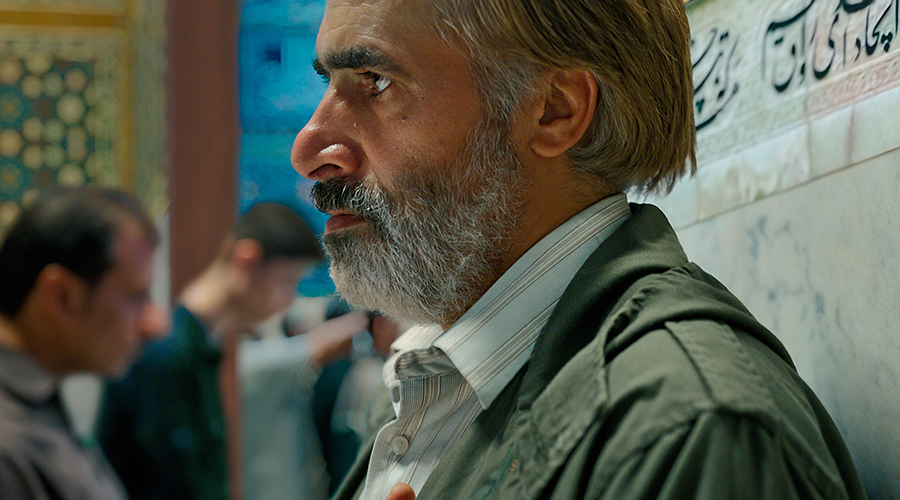
Based on real events, Holy Spider Rahimi tells us the story, a journalist from Tehran who arrives in the Iranian city of Mashhad to investigate murders of prostitutes. However, the problem will not be so much discovering the murderer, how to overcome the obstacles placed by the authorities and local bureaucracy, very little interested in solving the case. After all, It's about street women, with no other job than to offer her body to other men. Who's going to care about them?? They are the shame of their families and society..
As we understand almost from the beginning of the projection, Abbasi takes advantage of this argument to paint a double portrait of his country. Geographic portrait, in the first place. This film cannot be fully understood if the viewer does not pay some attention to the setting through which the plot takes place.. a city (although the film was not filmed in the original spaces that set the plot) of streets that look like a scene of war: demolished buildings, dilapidated houses with hardly any furniture, definitely, an economically impoverished community. This is the context and the first complaint that the film makes. Helping to convey this impression are Nadim Carisen's stark, heavily shadowed cinematography and Lina Nordqvist's production design.. Both manage to immerse us in the physical heart of this city in decay..
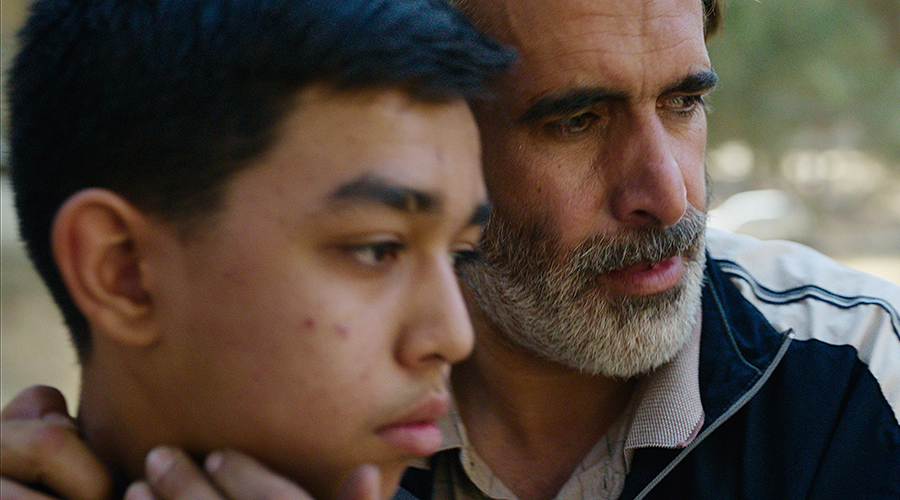
A physical landscape that, Of course, It takes us directly to the sordid moral landscape of a society poisoned by the influence of religion and custom.. Ali Abbasi puts women at the center of the story to account for the hypocrisy that resides in the hearts of his compatriots. aside, we have the authorities, embodied in a police chief who will soon reveal his darkest side. Elsewhere, a judicial and political system that relegates that woman to a mere subject of obedience and submission. It seems appropriate to remember the recent cases of protests against the so-called morality police so recently reported by the press around the world.. All of this is supported, besides, by a population given over to fanaticism and that will see the murderer almost as a hero. After all, Someone had to do the “dirty work”.
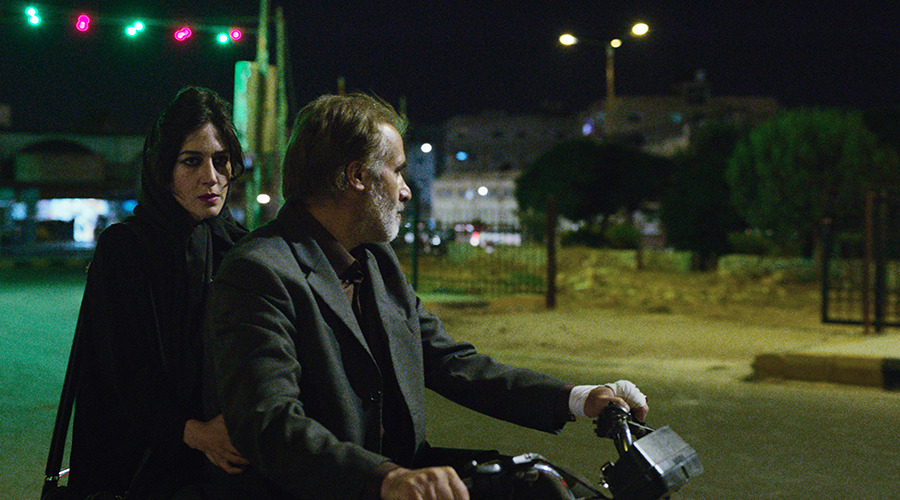
As we said at the beginning, Ali Abbasi has chosen the genre of thriller for this fourth job of his career. There is no trap or cardboard. Not a real mystery to solve either., Well, from the beginning of the film we know who the murderer is.. And this is where the film may lose some of its breath., especially if we compare it with Border. Abbasi complies well with the rules of the genre, but it doesn't try to take it into new territories, as he did in his previous film with the fantastic. And if, there is a final surprise, of course. However, one more plot at the service of its reporting function, as an excuse or showcase to convey a series of ideas, that as a dramatic artifact, leaves the viewer in need of that something more that the film fails to offer, falling at times into the foreseeable when it comes to resolving many of the knots in the script.
With the premiere of The class by Laurent Cantet, a new cinematographic genre still unbaptized was inaugurated, but that has the youth of the popular classes of society as the subject of its plots and, specifically, the institute as a center of social conflicts. The new film by Argentine director Diego Lerman becomes part of this trend.
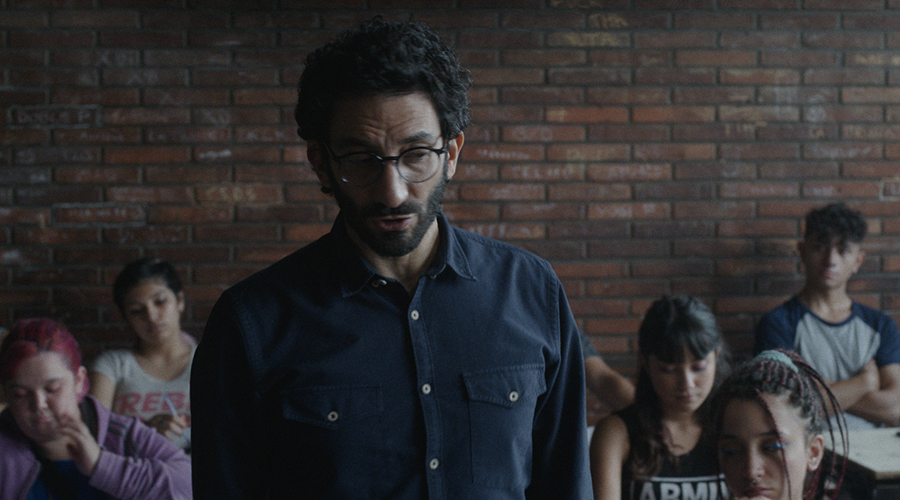
The substitute introduces us to Lucio, a literature teacher and poet who arrives as a substitute for another teacher at a center in a marginal neighborhood in the city of Buenos Aires. Lucio will have to deal with several conflicts. The first of them, adapt to a new environment and, from the first moment, is hostile towards him due to his own status as a visitor in transit. The second, It will be that of the degraded reality that surrounds the institute and that is an intrinsic part of the indolence that the students show in their classes.. The third conflict will be to exceed your own expectations., both in regards to that new world he has arrived at, like the role you think you can play in it. Paper that, rebound, has an impact on your personal life, with his family.
Like Ali Abbasi, Diego Lerman relies on the thriller genre to sustain his dramatic artifact. After a few days, The discovery of a stash of drugs at the institute will put the institution on alert, which will face a double challenge: respect the idiosyncrasy of the environment to which their students belong and support them, that is to say, fulfill its social support function, and the pressure from the authorities, far from worrying about the consequences, They are only interested in catching the criminals involved.. It is true that, as it happened with Holy Spider, This detective plot is peppered with certain clichés (let's remember, For example, the scene in which Lucio is cornered by a mafia boss in the institute's bathrooms so that he collaborates with them to capture the person responsible for his stash being confiscated by the authorities). However, Lerman moves better when it comes to articulating the different levels in which his proposal is articulated.. Although we are not, again, before a cinema that is going to formally reveal to us nothing new, Lerman es, so to speak, more discreet and, therefore, less obvious, more effective.
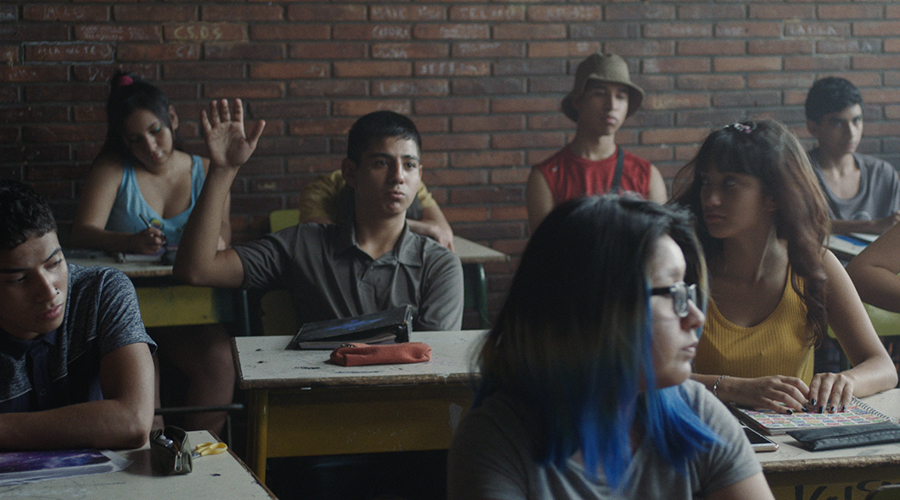
Again, denunciation cinema. As it happened in The class of Cantet, What matters to Lerman is, on the one hand, the psychological portrait of the boys. The substitute puts attention again on a system that, out of pure vice, has stopped taking care of those who need it most. Disincentivized by institutional bureaucracy, Lucio's students barely show interest in the subject he teaches. Apathy and discouragement have taken a toll on their behavior. They are living beings, but they look like zombies (one of them spends the movie sleeping, like dead). So, reading is presented to them as a frankly boring activity, far from your interests, if they have any. However, and thanks for the intervention of your new tutor, little by little they will discover the power of literature, not only as a channel for transmitting emotions, but in the importance that the reader has as a subject who is also the creator of the work.. With perseverance, Lucio will be able to draw out his students' own qualities and talents..
But, on this path, Boys are not the only ones exposed to this exam process. At the beginning of the movie, Lucio is presenting his new book of poems in a bookstore, before a crowd, we understand, committed to culture, like himself. we know, So, an arrogant individual who perceives himself above others. That authority, intellectual, moral, serves as an incentive to commit to the cause of their students. But that's not enough. In transit, Lucio will truly immerse himself in their lives, which will make him discover that things are more complicated than he imagined and that, in the background, His good intentions are peppered with a certain arrogance, also responsible for what happens. Face your own contradictions through boys, It will make you discover the way to reach them. Only from the sincerity of one who recognizes that, in the background, don't know, who really wants to know, you will be able to achieve your goals. No need to gut the metaphor. A smart lesson.
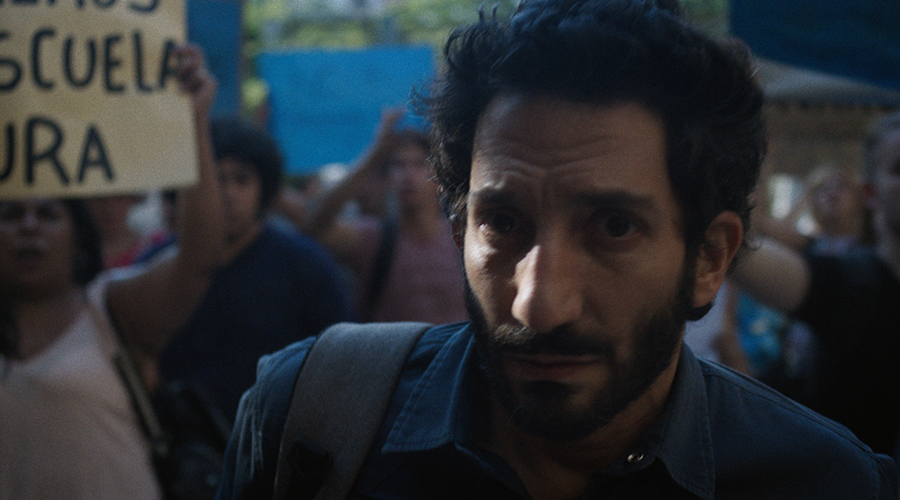
It would be interesting if someone kept track of the films that address the issue of Nazism and World War II made over the decades since the end of the war.. What they contribute to us when it comes to understanding what happened depends on each proposal.. However, beyond certain types of sociological and political reflections, war cinema also has other types of products that, although they do not escape giving us a reflection on the causes and consequences of that unfortunate conflict, They actually use that context as a background to tell some type of moral or human story..
This is the case of the fourth film by German director Maggie Peren, The passport forger, title in Spanish that plays with a recent trend in our country of creating certain associations with previous products in order to attract the public to the room. Based on the real life story of its protagonist, the film features Cioma Schönhaus, a young man from 21 years who aspires to be a graphic designer. But the Nazi regime and the subsequent European war stand in their way.. Monitored at all times by the authorities, Cioma tries to survive, first as a factory employee and, later, as a passport forger. But in a regime like this it is difficult to go unnoticed. To achieve, Cioma has decided to come to light.
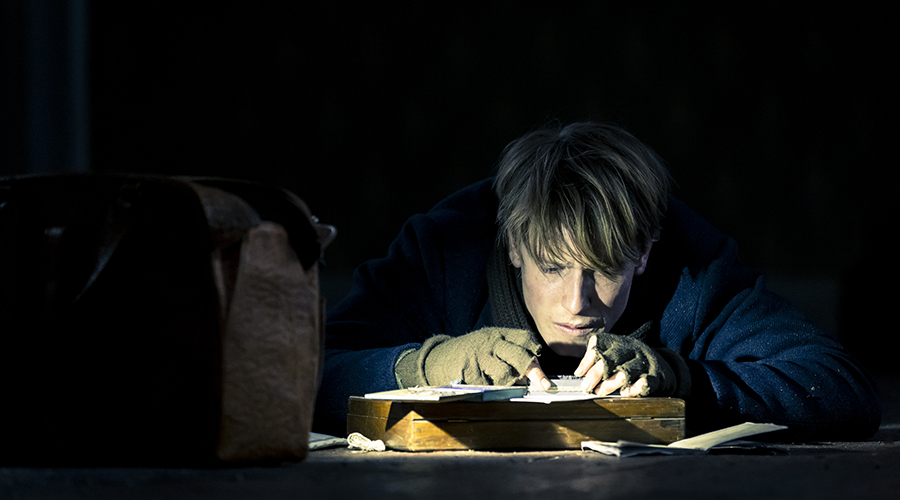
We will not discover in He passport forger no new clue about the genre to which it belongs. Like so many other times, Maggie Peren puts her eye on the little stories, those of those who did not take part in the great political or military events, in the common citizen, in the victims. Along with these, their executioners are also found, which are not the highest levels of the head of the German state either., but a network of rules, bureaucrats and informers who can hide behind the face of your own neighbor. a logic, almost hysterical, for not being captured by the relentless SS, will serve as glue of the totalitarian order. Despite the situation you describe, Maggie Peren has set out to show us that beneath that cloak of fear there are also human beings, often with better feelings than it might seem. This is the case of the owner of the building where Ciona lives, or that stranger who will give you the task of falsifying passports to save the lives of other people persecuted by the Gestapo, or your friends, lovers and coworkers. Peren comes to tell us that there are other small ways, maybe just intimate, but just as relevant, resistance.
We are, well, before an optimistic story. A modest story, which is still valuable. From time to time it is nice to put ourselves in front of a well-told story, and although Peren does not reveal anything to us that we have not heard before, his story works effectively for a viewer who, simply, you will enjoy getting carried away by the plot. The effort to leave some classic elements of the genre out of the story is appreciated.. There are hardly any uniforms in this movie. the evil, although it is present indirectly, is visually left out of the story, which is not a trivial decision. Not by chance, the director has decided to tell her story practically indoors, which helps to elaborate that atmosphere of strange fable that this film offers us. GERARDO LEON









